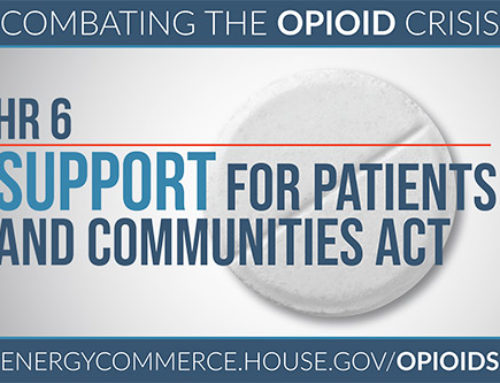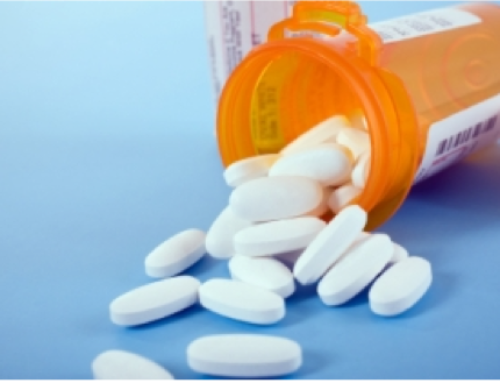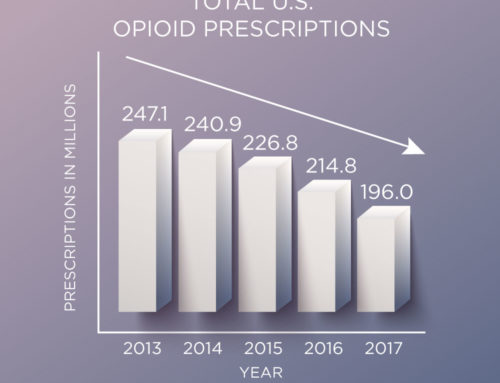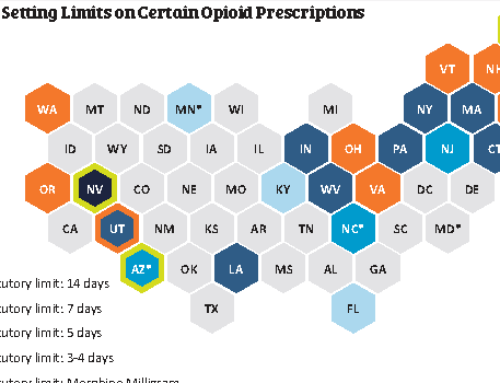The White House continues to speak out on opioids.
On October 26, 2017, the Trump Administration declared the opioid crisis a public health emergency. This declaration “will enable HHS to accelerate temporary appointments of specialized personnel to address the emergency (pending any funding needed); work with DEA to expand access for certain groups of patients to telemedicine for treating addiction; and provide new flexibilities within HIV/AIDS programs.” The announcement conflicts with Trump’s statement in August that it would be a national emergency, which would have opened up additional assistance under the Stafford Act declaration process. The two types of emergencies are contrasted in this discussion and the declaration is further described here.
Then, on November 1, 2017, the President’s Commission on Combating Drug Addiction and the Opioid Crisis released its final draft report. The 138-page report includes 56 individual recommendations grouped into the following categories:
- Federal Funding and Programs (3 recommendations)
- Opioid Addiction Prevention (2)
- Prescribing Guidelines, Regulations, Education (6)
- PDMP Enhancements (5)
- Supply Reduction and Enforcement Strategies (14)
- Opioid Addiction Treatment, Overdose Reversal, and Recovery (21)
- Research and Development (5)
In an interview with NPR about top conclusions, one commission member cited the needs to produce treatment on demand and ensure warm handoffs after rescue. Also noted was the recommendation that the Controlled Substances Act be amended to require prescribers to participate in approved opioid prescribing training prior to relicensure with the DEA (#10). Other recommendations around professional education include development of a national curriculum for opioid prescribers (#7), a model training program on screening be disseminated to all levels of medical education (#9), additional training to pharmacists (#11), as well as recommendations on measuring the effectiveness of education (#8). Adolescents, a population also targeted through CO*RE projects, are emphasized in parts of the report, including a recommendation for student assessment programs as a significant prevention tool (#4).
Learn about safe opioid prescribing in a CO*RE course, available online or access practical tools here.
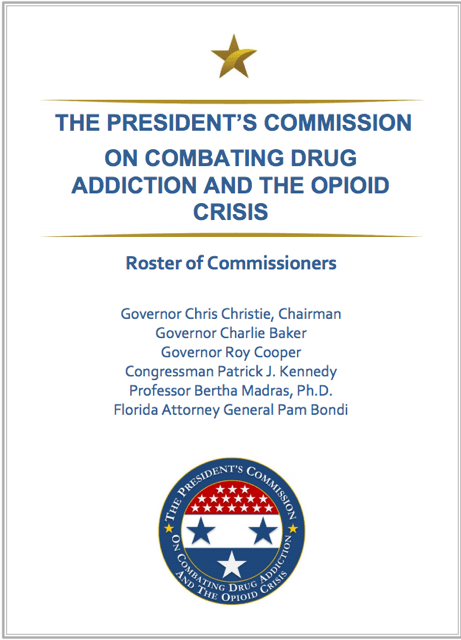
For Further Reading
- https://www.hhs.gov/about/news/2017/10/26/hhs-acting-secretary-declares-public-health-emergency-address-national-opioid-crisis.html
- https://www.washingtonpost.com/politics/trump-declares-opioid-crisis-is-a-national-emergency-pledges-more-money-and-attention/2017/08/10/5aaaae32-7dfe-11e7-83c7-5bd5460f0d7e_story.html?utm_term=.6f87305b596c
- https://www.fema.gov/disaster-declaration-process
- https://www.npr.org/2017/10/26/560229103/in-opioid-crisis-public-health-emergency-vs-national-emergency
- https://www.npr.org/2017/10/26/560083795/president-trump-may-declare-opioid-epidemic-national-emergency
- https://www.whitehouse.gov/ondcp/presidents-commission
- https://www.whitehouse.gov/sites/whitehouse.gov/files/images/Final_Report_Draft_11-3-2017.pdf
- https://www.npr.org/2017/11/01/561427911/white-house-opioid-commission-presents-final-recommendations-to-president-trump
- https://core-rems.org/adolescent-substance-use/


